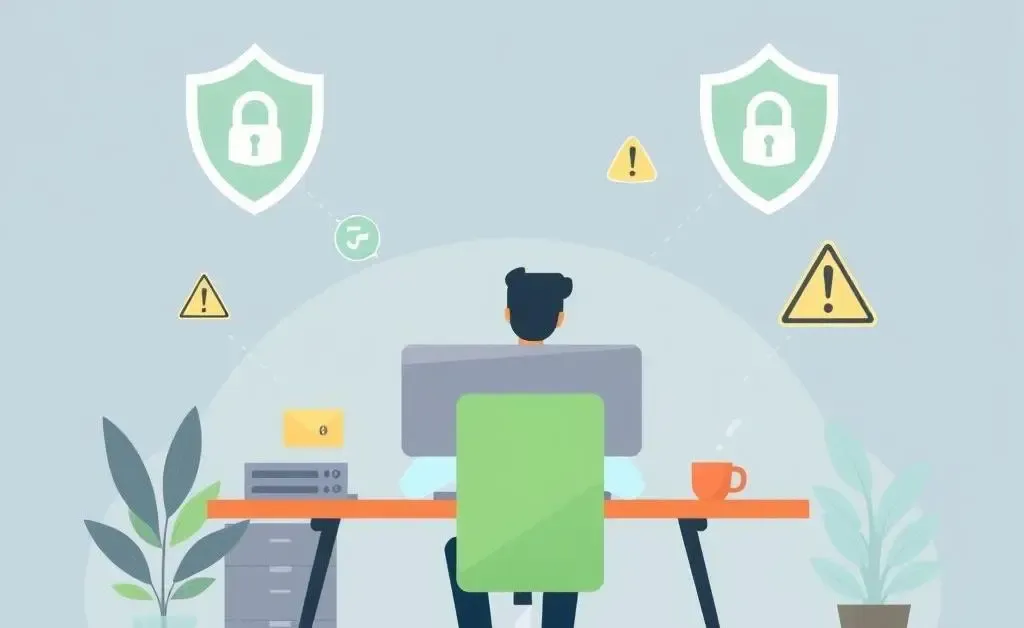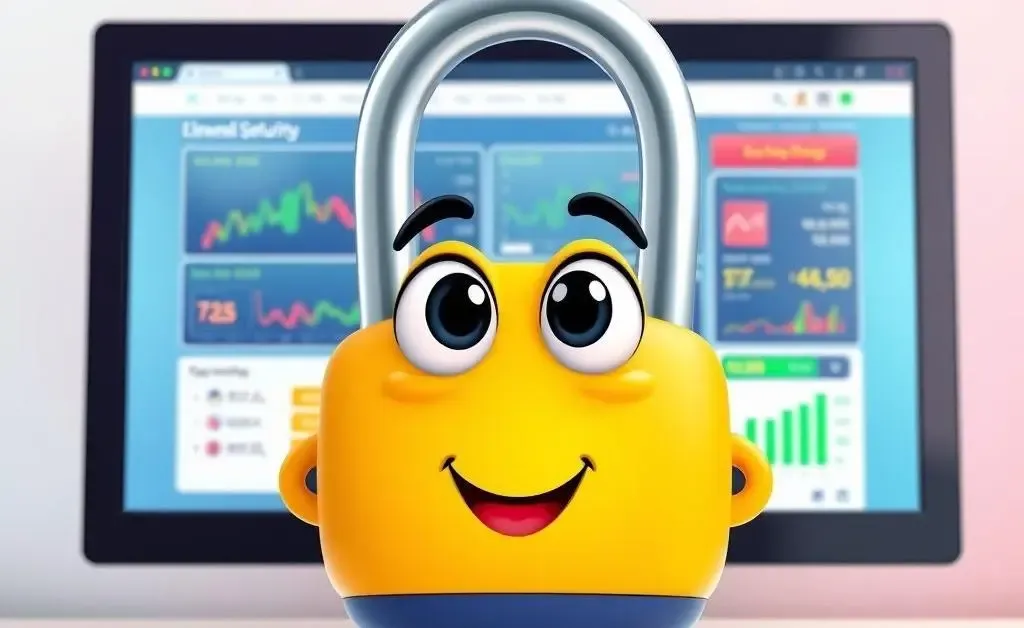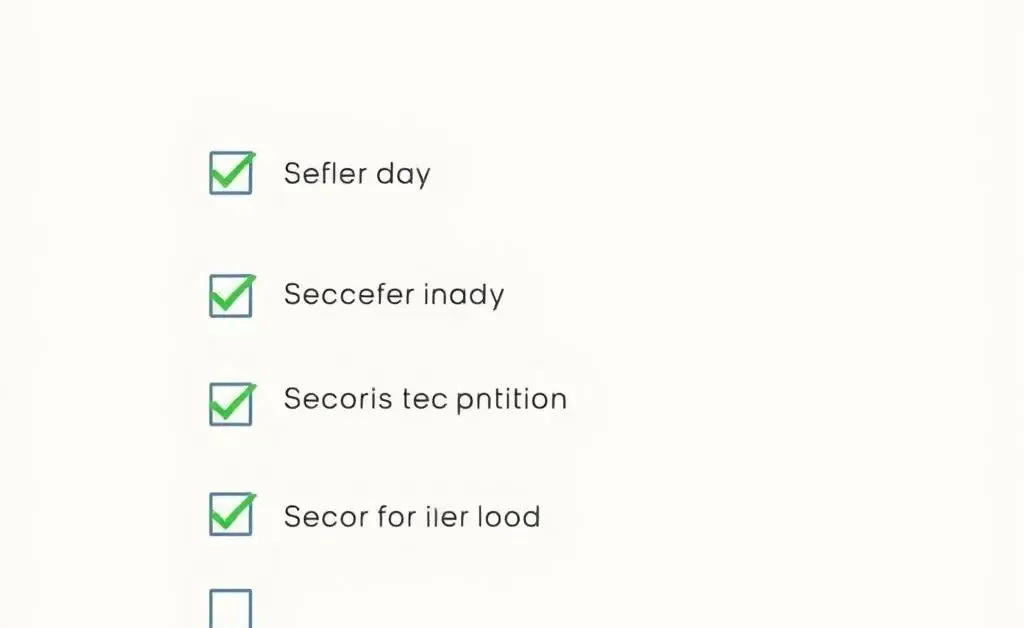Avoiding Online Finance Scams: Stay Safe and Secure
Learn how to safely navigate financial offers online and avoid scams.

Hey there, grab a cup of coffee, and let's talk about something crucial—avoiding online financial scams. If you've ever been tempted to click on a flashy message promising financial grants or incredible investment returns, you're not alone. It seems harmless at first, but it's worth understanding the real risks involved.
Why You Should Avoid Private Messages Promising Financial Gains
Financial scams often start with unexpected private messages, appearing too good to resist. These messages promise easy access to wealth, grants, or investment opportunities, but if it sounds too good to be true, it probably is. These scams exploit our hopes and fears, promising solutions that are just a click away.

Spotting Red Flags in Online Communications
Identifying which messages are legitimate and which aren't can be challenging. Here are some red flags to watch for:
- Unsolicited messages: Did this offer come out of nowhere? Legitimate businesses and organizations rarely reach out via private messages to offer financial products.
- Too much urgency: Scammers often press you to act quickly to avoid scrutiny and make you overlook warning signs.
- Requests for personal information: If they ask for your bank account details, social security number, or upfront money, it's almost always a scam.

How to Stay Safe from Financial Scams Online
Staying safe is about being vigilant and proactive. Here are some practical tips for you to consider:
- Verify the source: Research the sender and their claims. Legitimate offers should have verifiable contact points.
- Use secure platforms: Conduct financial transactions only on trusted websites that are secure and well-reviewed.
- Educate yourself: Regularly update yourself on the common types of scams making the rounds.
- Trust your instincts: If something feels off, it's often better to err on the side of caution.

Reflective Takeaway
It’s a digital jungle out there, and staying informed is your best defense. If you ever find yourself uncertain about a financial offer, remember: it’s okay to pause, verify, or even walk away. By staying alert and informed, you’re doing yourself a massive favor. What’s your experience with staying safe online? Have any tips or stories to share? Let’s keep the conversation going in the comments!




